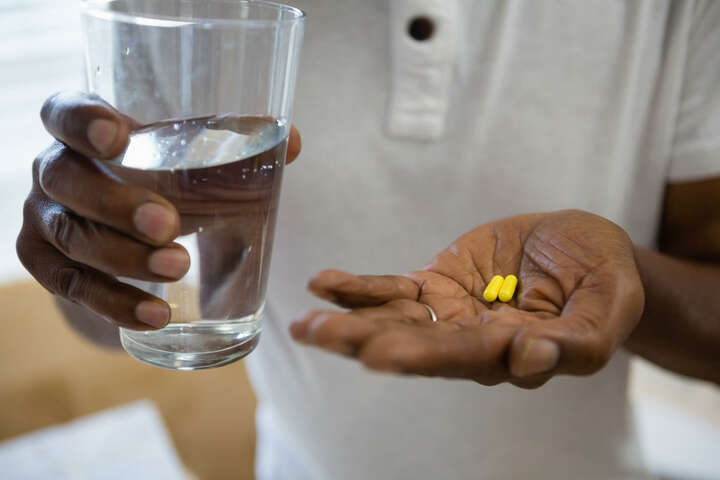
Researchers at LSTM, working within the Malaria in Insecticide Resistant Africa (MIRA) project, have found that extending the age range of children receiving seasonal malaria chemoprevention (SMC) from the under-fives to include children as old as 15 years could reduce malaria cases in all ages by as much as 15%.
Burkina Faso has one of the highest malaria burdens in sub-Saharan Africa despite the mass deployment of insecticide-treated nets and use of seasonal malaria chemoprevention (SMC) in children aged up to five years. Seasonal malaria chemoprevention is a highly effective intervention which involves administering monthly doses of anti-malarial drugs during the malaria transmission season. The team carried out a study to assess the impact of extending the age range in Burkina Faso, the results of which are published in the journal, Scientific Reports.
LSTM’s Dr Anne Wilson is senior author on paper. She explained: “A community survey for malaria infection involving all age ranges was carried out in south-west Burkina Faso, where malaria transmission is highly seasonal. While we found malaria infections in all age groups, children aged 5 to 15 years harboured a massive 55% of the parasite burden in the population and were more than 3 times more likely to have malaria parasites than children aged under 5 years. Working with Imperial College London to model the impact of increasing the age range to 15 years, we found that we could reduce all age malaria cases by 15%, which is an excellent result.”
The team was made up of researchers from LSTM, University of Durham and Imperial College London in the UK, working with the Centre National de Recherche et de Formation sur le Paludisme (CNRFP), Burkina Faso. The research was undertaken as part of MIRA project, led by LSTM’s Professor Hilary Ranson.
A cross-sectional survey of 1,199 children and adults was conducted during the peak malaria transmission season in the Cascades Region of south-west Burkina Faso in 2017. Partners at Imperial College London used a malaria transmission dynamic model was used to determine the impact on malaria cases averted of administering SMC to children aged 5-15 year old.
Dr Alfred B. Tiono, Principal Investigator of the Study from CNRFP said: “Malaria infections were high in all age strata, although highest in children aged 5 to 15 years, despite roll out of core malaria control interventions. Given the burden of infection in school-age children, extension of the eligibility criteria for SMC could help to significantly reduce the burden of malaria in Burkina Faso and other countries in the region; and we definitely hope that this will be the next move for this cornerstone strategy of malaria control in our region.”
